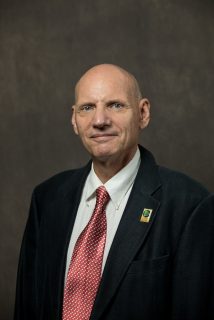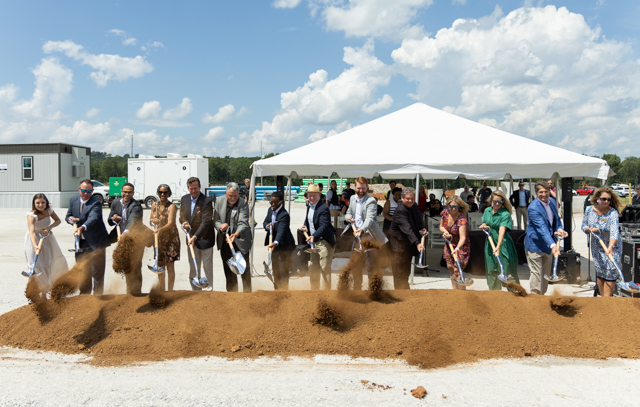Avoid the dangers of generational hubris
Published 6:00 am Sunday, July 20, 2025

- Mark Doggett
Each generation tends to believe it is smarter than the ones that came before, but that’s what the ancient Greeks called “hubris,” a dangerous form of pride.
On a recent vacation, I was reminded that until the 1980s, all forest fires—even those caused by lightning—were considered dangerous and were promptly extinguished. Today, forest science recognizes that natural fires play a crucial ecological role: they reduce underbrush, support new tree growth, and create healthier habitats for wildlife.
Fires, it turns out, benefit the ecosystem. The U.S. Forest Service now allows some naturally occurring fires to burn, provided they don’t threaten people or infrastructure.
Trending
This led me to reflect on other once-accepted “scientific truths” that we now know to be wrong. A well-known example is cigarette smoking. Once endorsed by physicians and advertised as harmless, it wasn’t until the 1960s—and even later—that medical consensus finally labeled it a serious health hazard.
Lead-based paint and asbestos were also widely used in homes and buildings up through the 1970s. While their inherent properties were useful, their degradation or removal—especially during renovations or demolitions—released harmful particles into the air, endangering workers and residents alike.
Even X-rays, now used with great caution, were once treated casually. In the late 19th and early 20th centuries, they were considered harmless and even used as entertainment. That perception changed only after radiologists began developing radiation-induced illnesses, leading to the safety protocols we rely on today.
In each of these cases, the generations that adopted these practices did so with the best available knowledge at the time. But even as new evidence emerged, the practices often continued until visible harm forced a reckoning. In some cases, experts knew the risks but minimized or concealed them.
Today, we are told to “trust the experts” more than ever. Science and technology, we are told, are too complex for the average person to understand—so we should simply defer. We were promised that the internet would bring knowledge to everyone’s fingertips and improve civic discourse. Has it lived up to that promise? TikTok might suggest otherwise.
History shows us that experts are not infallible. Like the generations before us, today’s experts may be wrong in ways we have yet to discover.
Trending
It is arrogant to assume we are wiser than those who came before. Indigenous peoples in the American West understood the role of fire in managing the land long before settlers began suppressing it. Think about that the next time you pass a 5G tower, drink fluoridated water, or consume products with synthetic additives like Red Dye 40.
Future generations will likely look back at us with the same skepticism we now apply to our predecessors. They too will uncover our blind spots.
Let us not fall victim to generational hubris. We are not the exception. We, too, are fallible.
— Mark Doggett is a retired professor in the School of Engineering and Applied Sciences at Western Kentucky University.






